Biological Sciences
-

Study reveals role giant ground sloths played in the environment, potentially aiding in ecological restoration today
A new study led by Aditya Kurre, BA’22, and Associate Professor of Biological Sciences and Guggenheim Fellow Larisa DeSantis has revealed the specific diet of two species of giant ground sloth, uncovering the vital roles they played in their environments. Their findings could help scientists restore ecosystems that once thrived thanks to these massive mammals. Read MoreNov 20, 2025
-

Provost’s Faculty Immersion Grant empowers student and faculty collaborations
During the spring and summer of 2025, 70 professors from eight schools and colleges led Immersion Vanderbilt cohorts funded by the Provost's Faculty Immersion Grant, mentoring a total of 494 students as they participated in experiential learning opportunities. Faculty recipients identified cohorts of two or more students and advised them in completing immersive experiences and culminating projects for Immersion Vanderbilt. Read MoreAug 28, 2025
-
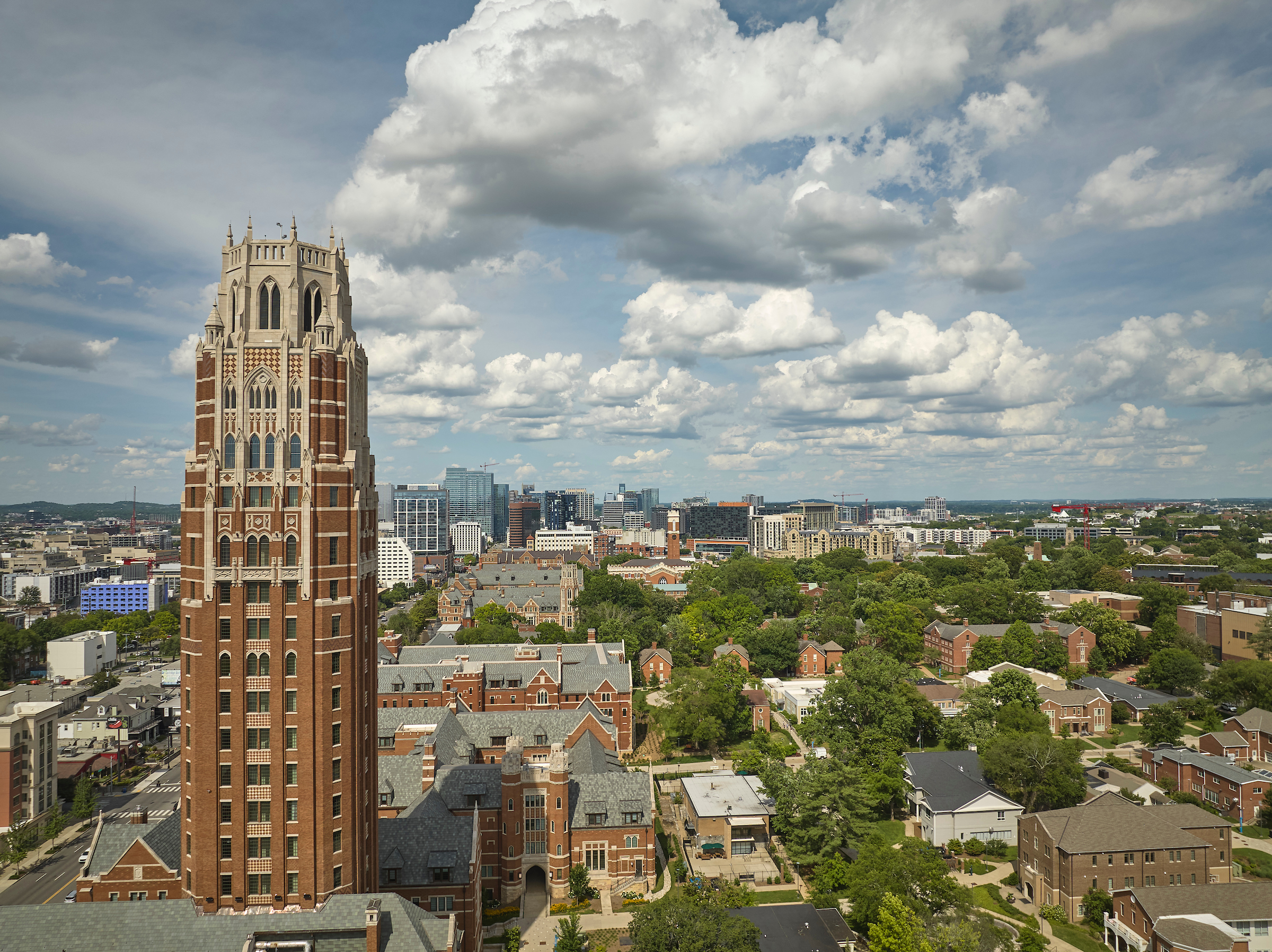
Vanderbilt Graduate School announces leadership transitions
After concluding her term as associate dean for academic affairs for the Graduate School, Terrah Akard will return to her role as professor of nursing in the School of Nursing. Julián Hillyer, Centennial Professor of Biological Sciences, and Andrea Page-McCaw, Stevenson Chair and professor of cell and developmental biology, have been named associate deans for academic affairs. Read MoreJul 30, 2025
-
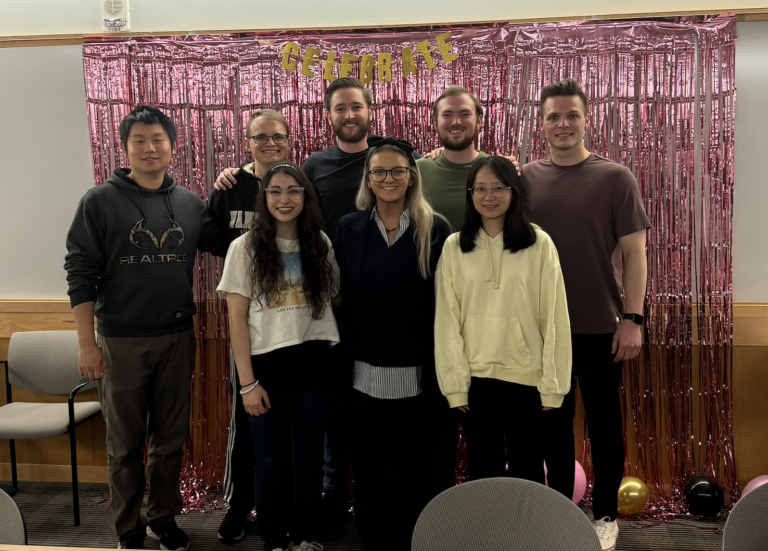
Good chemistry: how chemistry students expand their skill set through hands-on, experiential learning
This past academic year, seven graduate students and one undergraduate student participated in the 2025 Merck Compound Challenge. Created in 2018, the competition gives teams from around the world 48 hours to create a proposed route of chemical steps from a commercial chemical they believe will make the final compound. Read MoreJul 16, 2025
-
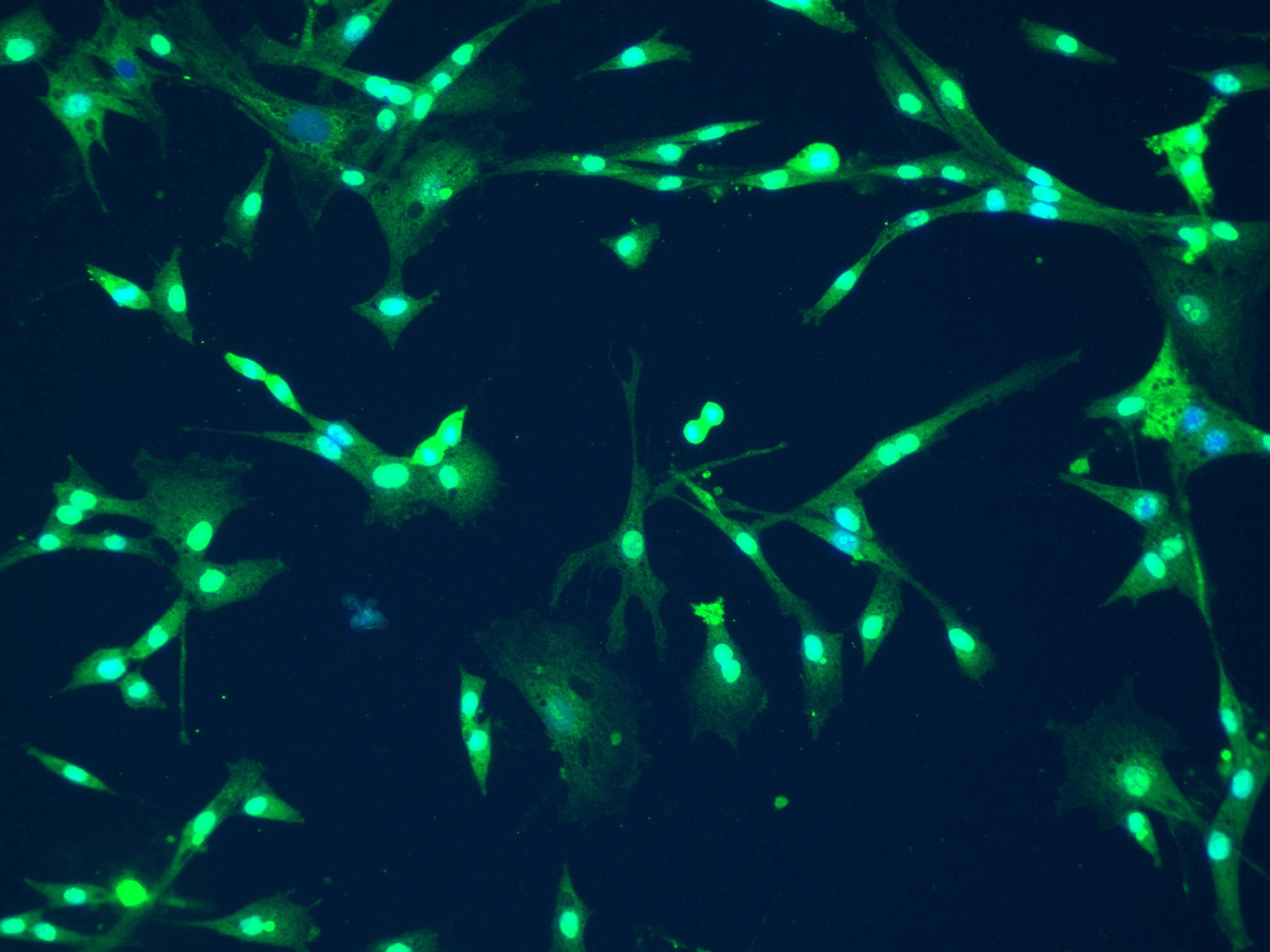
Vanderbilt biologist receives $1.3M Keck grant to study what birds’ longevity could mean for human aging
Pet parrots often outlive their owners, and Vanderbilt researchers want to know why—because uncovering the biological mechanisms behind exceptional longevity could one day help safely extend the lives of humans. With the support of a new $1.3 million grant from the W.M. Keck Foundation, Vanderbilt biologist Gianni Castiglione is taking a bold approach to aging research: reverse-engineering how birds live three to four times longer than similarly sized mammals to identify safe, effective genetic targets for human aging therapies. Read MoreJul 16, 2025
-
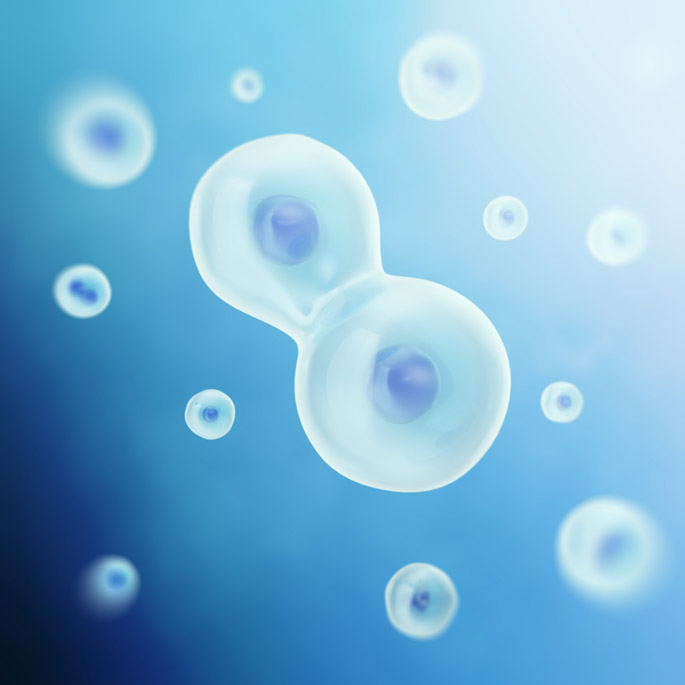
A Conservative Defense: Downstream NFLs resist evolutionary blitzes
Danial Asgari, a postdoctoral researcher in the Tate Lab, and Ann Tate, associate professor of Biological Sciences, recently published a study in Molecular Biology and Evolution titled “How the Structure of Signaling Regulation Evolves: Insights from an Evolutionary Model.” Their findings show that negative feedback loops (or NFLs) acting closer to a cell’s final decisions, such as turning genes on or off, are especially resistant to evolutionary change. Read MoreJun 12, 2025
-

Jackson Lab reveals relationship between transport proteins and brain disease
Fat and protein molecules are essential to human brain health, and there are microscopic transport hubs that make sure the right molecules get to the right cells. If the proteins aren’t interacting properly, they can wind up in the wrong places—a problem that’s been linked to diseases like Alzheimer’s, Parkinson’s and ALS. Research in Associate Professor Lauren Jackson’s lab has uncovered how those proteins interact. Read MoreMar 27, 2025
-
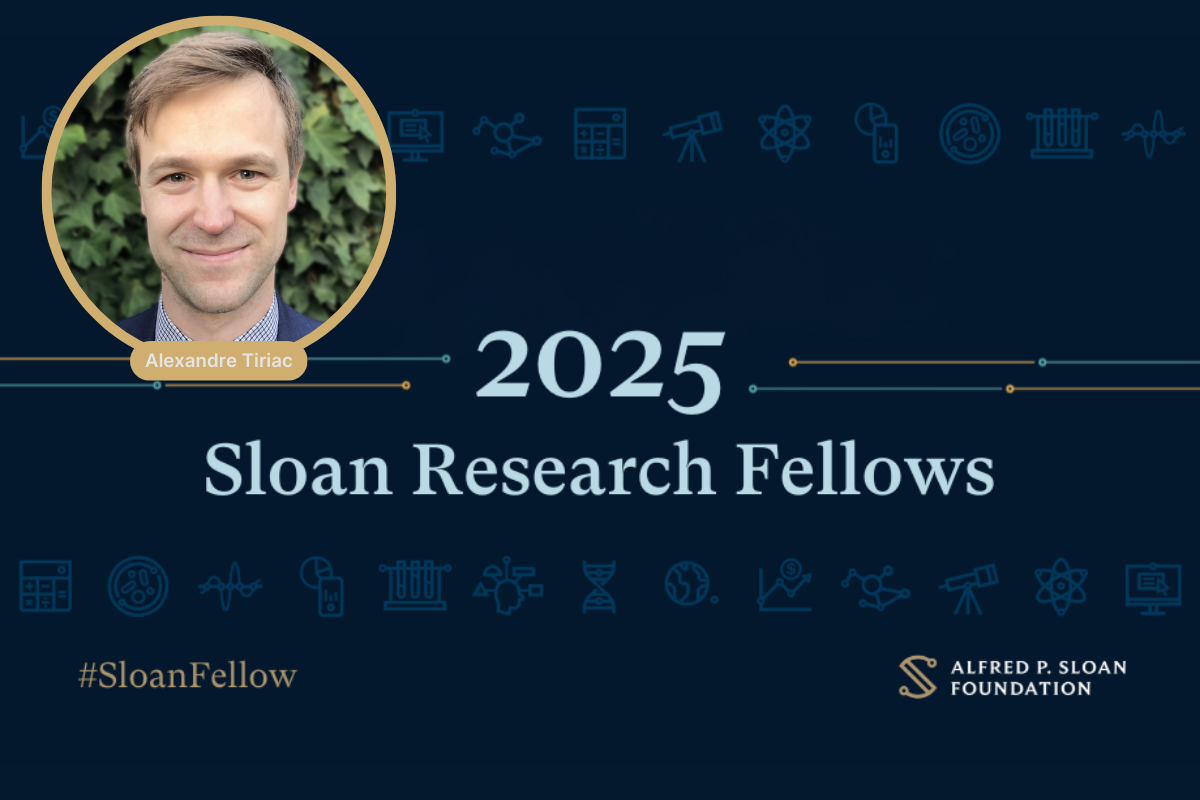
Sloan Foundation awards Vanderbilt’s Alexandre Tiriac prestigious research fellowship
Awarded annually since 1955, the fellowships honor extraordinary U.S. and Canadian researchers who stand out as the next generation of leaders for their creativity, innovation and research accomplishments. Tiriac, an assistant professor of biological sciences and Hooley Family Dean's Faculty Fellow in Biological Sciences at Vanderbilt, is part of the 2025 class. Read MoreFeb 18, 2025
-

Genes + culture: Exploring how our first language is echoed in our genes
A person’s native language is often referred to as their “mother tongue.” But does a first language always come from your mother? In a new study conducted by Associate Professor of Biological Sciences Nicole Creanza, postdoctoral student Yakov Pichkar,... Read MoreNov 21, 2024
-
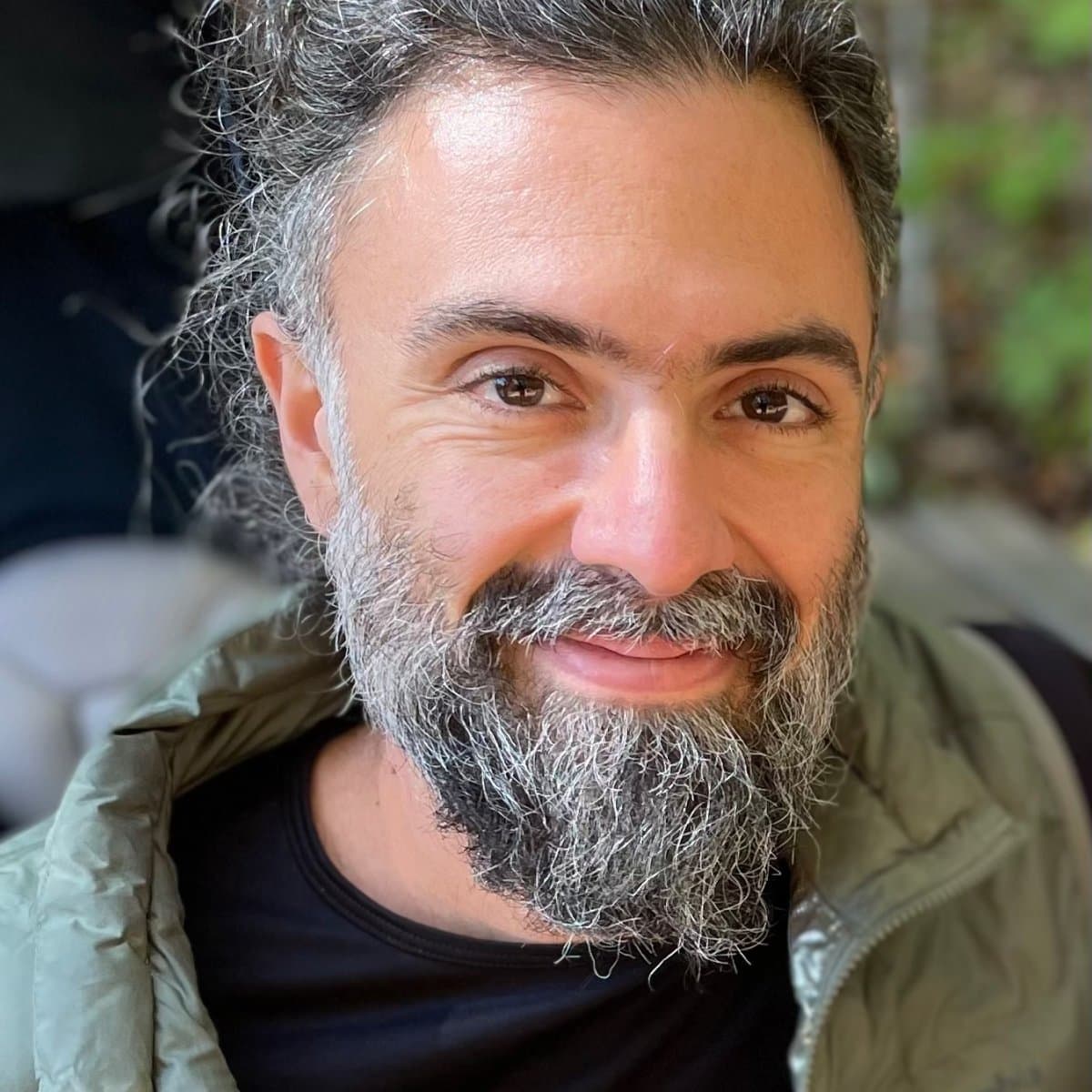
Meet Vanderbilt’s first Packard Fellow Carlos Taboada, assistant professor of biological sciences and frog whisperer
Carlos Taboada, assistant professor of biological sciences, was among the 2024 Packard Fellows for Science and Engineering announced on Tuesday, Oct. 15. At the Taboada Lab, he and his team investigate the chemical, physiological and physical mechanisms that create different colors in frogs and the remarkable transparency of glassfrogs. Read MoreOct 28, 2024
-
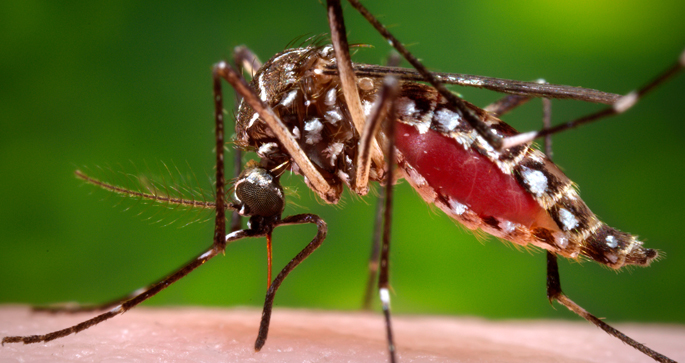
Vanderbilt researchers find warming quickens aging-related mortality in mosquitoes
New research shows that warming and aging act as a one-two punch, lowering mosquito lifespans and fanning the flames of bacterial infections. These findings highlight how climate change could alter the risks of disease spread by mosquitoes. Read MoreSep 26, 2024
-
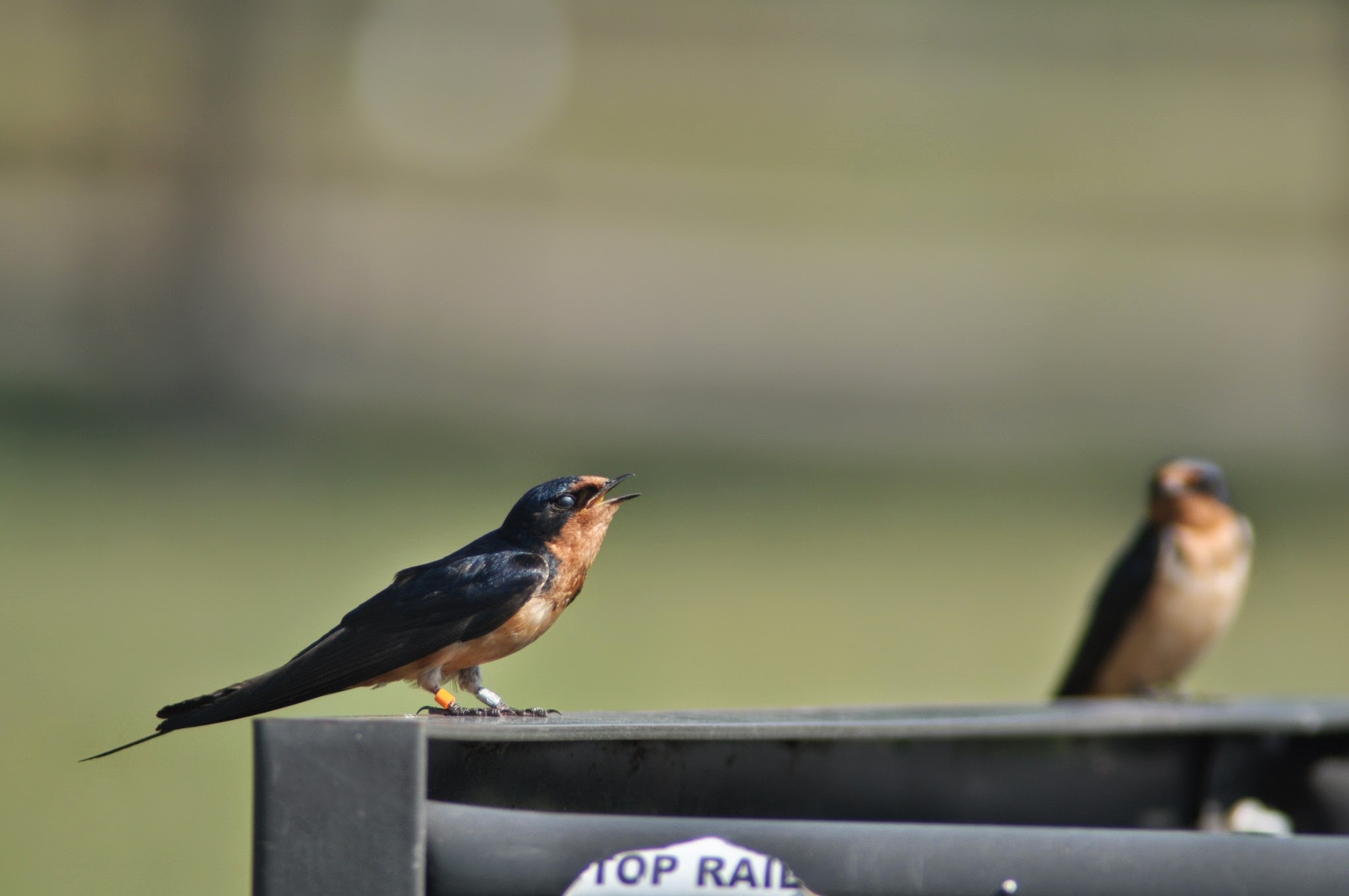
Heard that Bird: Creanza Lab develops free curriculum to teach birdsong identification
The Creanza Lab, along with alumnus Matt Wilkins, BA’06, created a birdsong identification lesson plan for middle and high school students. The game show lets participants identify which birds they can hear in various pop culture media, such as movies, music, or video games. Read MoreJul 2, 2024
-
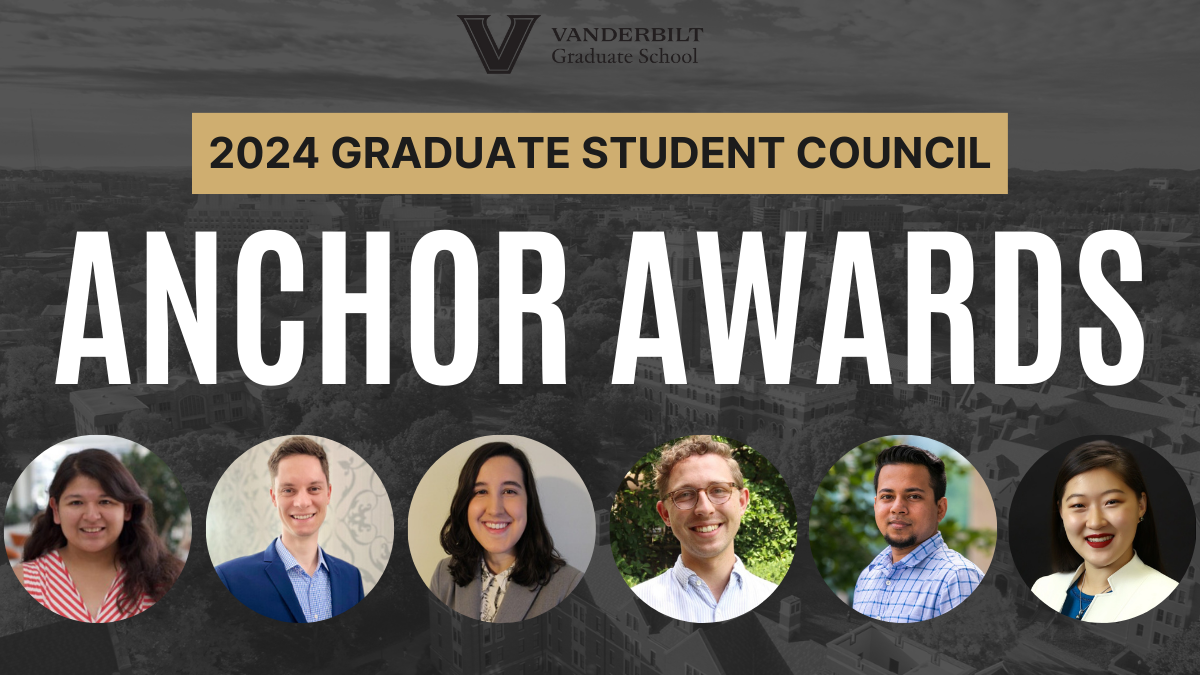
Graduate Student Council announces 2024 Anchor Award winners
The Vanderbilt Graduate Student Council has announced the winners of the 2024 Graduate Leadership Anchor Awards, honoring the hard work and leadership of Vanderbilt graduate students schoolwide. This year’s awards recognize outstanding service, mentorship, departmental leadership, research and best overall. Read MoreJun 17, 2024
-

Vanderbilt scientists develop an algae time machine, advancing biomedicine
A Vanderbilt scientific team has succeeded in adjusting the daily biological clock of cyanobacteria, making the blue-green algae a more prolific producer of renewable fuels, chemicals, and pharmaceuticals, like insulin. Read MoreMay 14, 2024
-
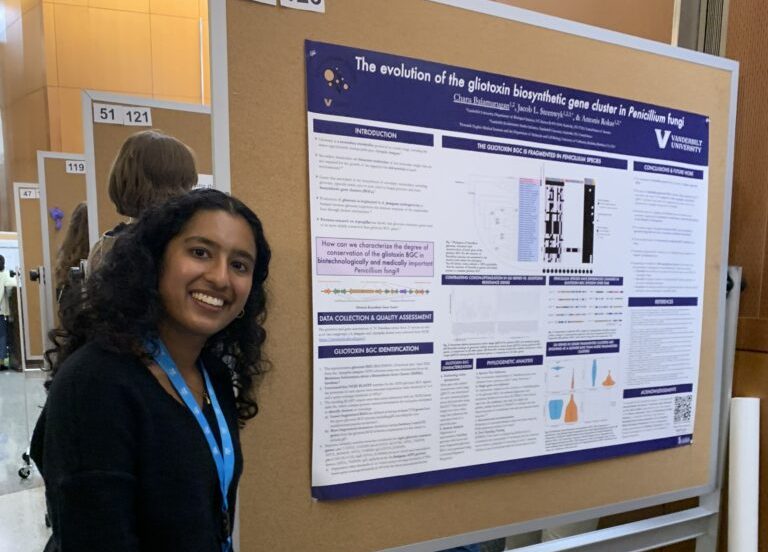
Beckman Scholar Charu Balamurugan unveils evolutionary insights into Penicillium secondary metabolites
Beckman Scholar Charu Balamurugan, an undergraduate researcher in the Rokas lab at Vanderbilt University, has shed light on the intricate evolutionary patterns governing secondary metabolite biosynthesis in fungi. Balamurugan delved deep into the genomes of Penicillium species, uncovering fascinating insights into the conservation and evolution of biosynthetic gene clusters and associated resistance genes. Read MoreApr 4, 2024
-
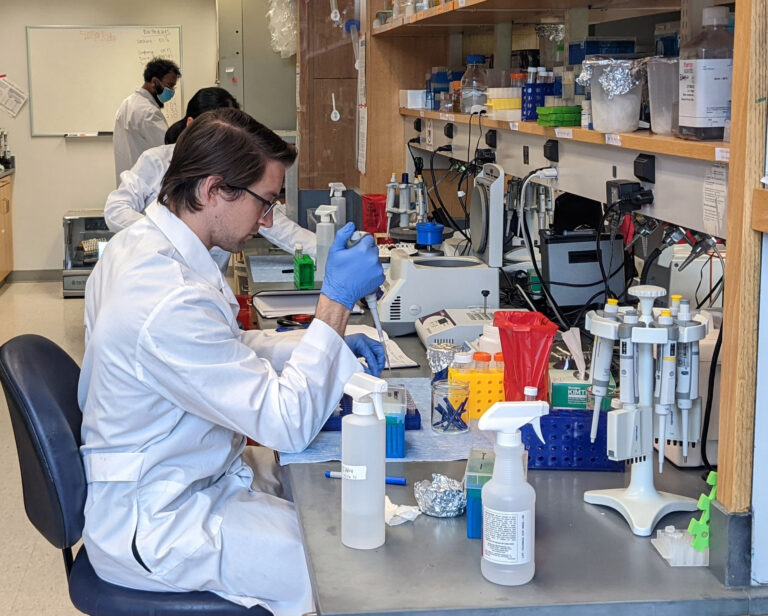
Insect immune insights: Researchers unveil immune system dynamics
Justin Critchlow, a recent Ph.D. student in Ann Tate’s lab, just published a paper with the labmates Arun Prakash, Katherine Zhong, and Tate, uncovering the intricacies of beetle immune dynamics. This paper sheds light on the dynamics of survival, resilience, and the profound complexities inherent in evolutionary adaptations. Read MoreApr 4, 2024
-

Breaking the Mold: Kyle David’s research challenges ecological norms in yeast communities
Kyle David, an NSF postdoctoral fellow in the Rokas lab, and co-authors published a new paper, “Saccharomycotina yeasts defy longstanding macroecological patterns” in the high-impact journal PNAS. This paper, which looks at the ecology of 186 species of yeast, provides evidence that not all life-forms follow the rules. Read MoreMar 7, 2024
-
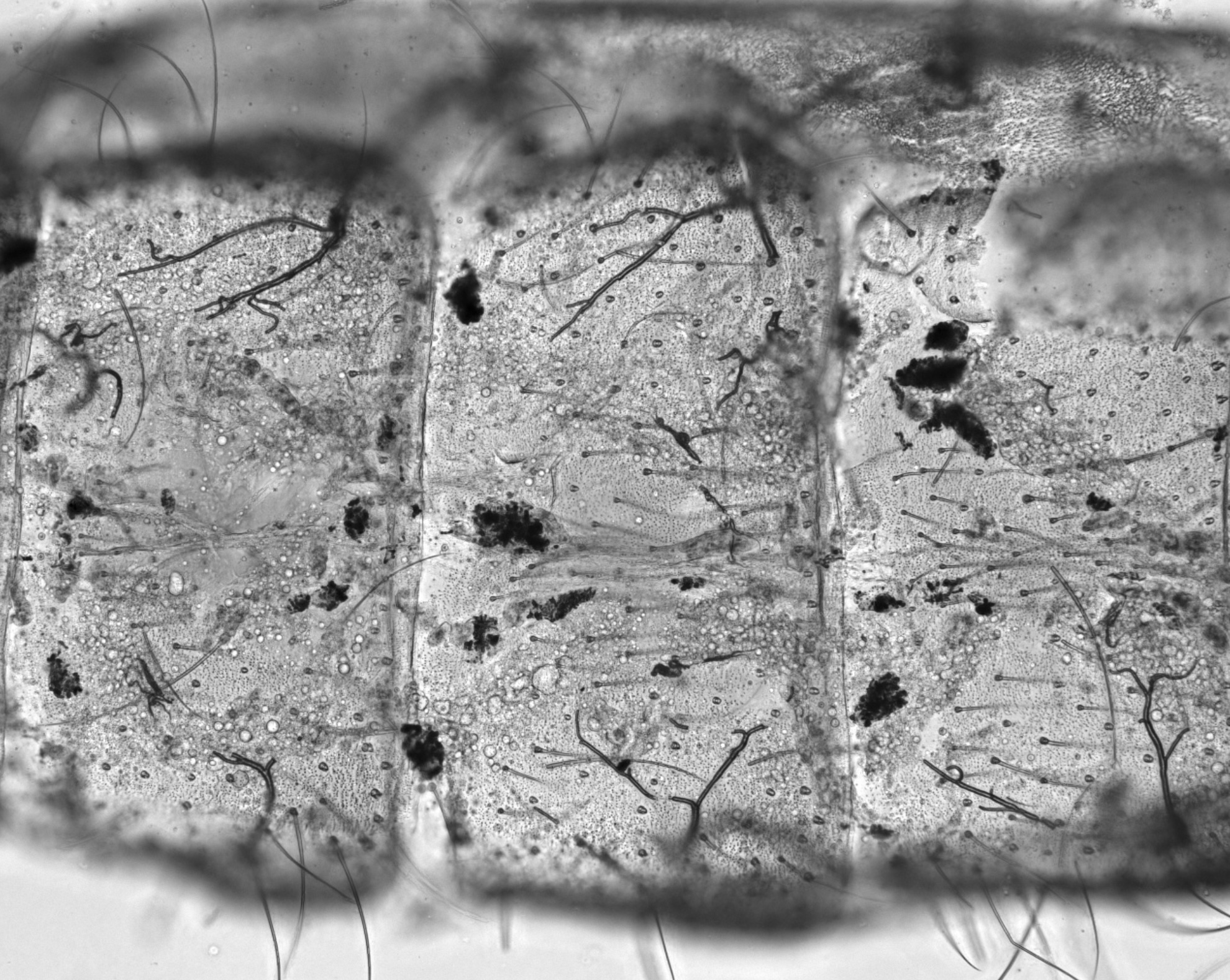
Vanderbilt University biologists discover that rising temperature accelerates aging in mosquitoes, weakening their immune system
A study by Vanderbilt biology graduate student Lindsay Martin and Centennial Professor of Biological Sciences Julián Hillyer found that mosquitoes age more quickly when temperatures are higher. This aging, in turn, weakens the mosquito immune system and makes them more likely to get infected with disease. Read MoreJan 26, 2024
-
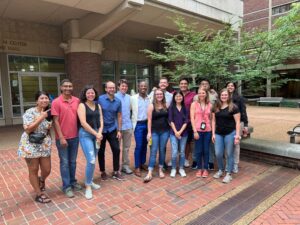
New collaborative research project seeks improved treatment for cystic fibrosis
Lars Plate, assistant professor of chemistry and biological sciences, has received a $2.76 million collaborative grant to investigate medical therapy for people with cystic fibrosis. The interdisciplinary project brings together teams with varied expertise in computational structural biology, proteomics, biophysics, and physiology in hopes of improving the quality of life for those afflicted with the genetic disease. Read MoreNov 16, 2023
-
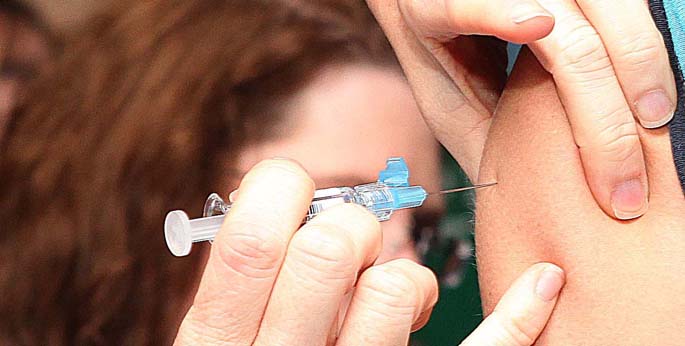
Biological scientists find that external factors impact vaccine belief-behavior predictions
Widespread trust in vaccines often leads to higher vaccination rates, but vaccine shortages can deter even those with confidence in vaccines. Furthermore, while vaccine mandates can create an appearance of universal vaccination, people may remain hesitant, resulting in lower compliance than anticipated. Read MoreOct 5, 2023